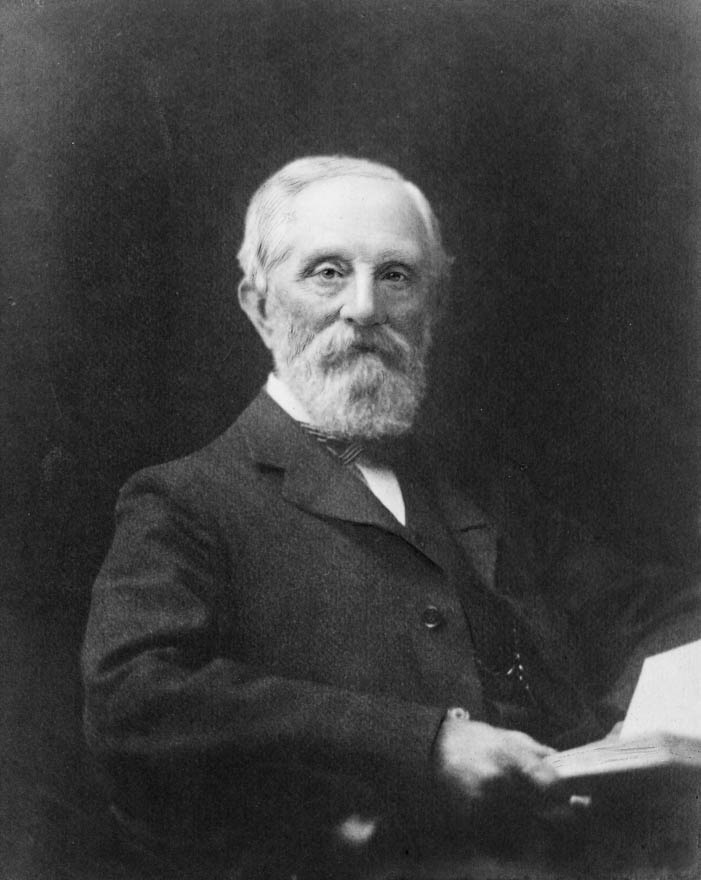
Photograph of Sir John Hall (1824-1907) who was premier of New Zealand, 1879–1882.
John Hall was one of a number of prominent late-19th century male politicians who supported the cause of women’s suffrage; others included John Ballance, George Grey, William Fox, Robert Stout and Julius Vogel.
Born in Hull, England, Hall came to Canterbury in 1852 and soon entered provincial and central politics. With the exception of trips back to Britain and some periods of ill health, he was usually in Cabinet. After the Grey ministry fell in October 1879, he forged a government in alliance with Auckland politicians. His legacy was mixed. He passed Grey’s Triennial Parliaments Bill and enfranchised all adult men, but was financially conservative. One of his ministers led the raid on the Māori village of Parihaka. Hall’s government held onto power after the 1881 election, but he was ill and soon resigned to recuperate in England.
After returning to New Zealand in 1887, Sir John (he was knighted in 1882) worked closely with Kate Sheppard for female suffrage and, as an opposition member, led the parliamentary fight to have the legislation passed. It was Hall who presented the massive 1893 petition to the House of Representatives on 11 August. Glued together to form a continuous sheet, the 270-m-long petition was rolled around a broomstick and brought into the House in a wheelbarrow. Hall theatrically unrolled it down the aisle of the chamber until it thumped against the far wall.
Sir John retired from politics in 1893, the year his suffrage aims were achieved. He was honoured by his province by being elected mayor of Christchurch in 1906 to preside over its international exhibition.

Community contributions